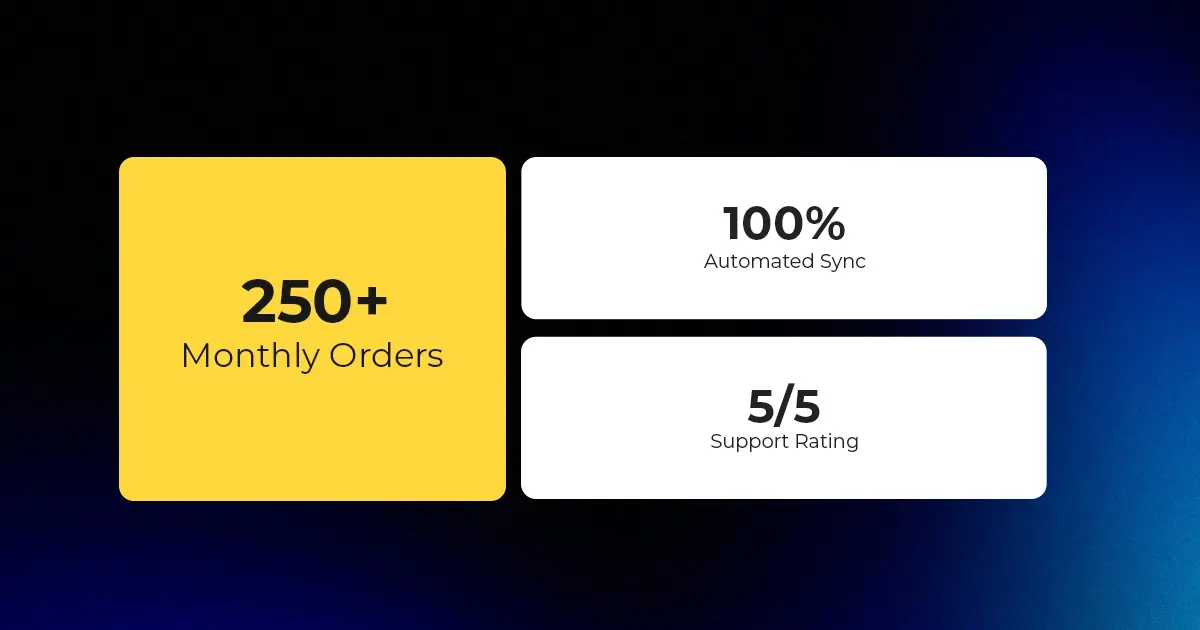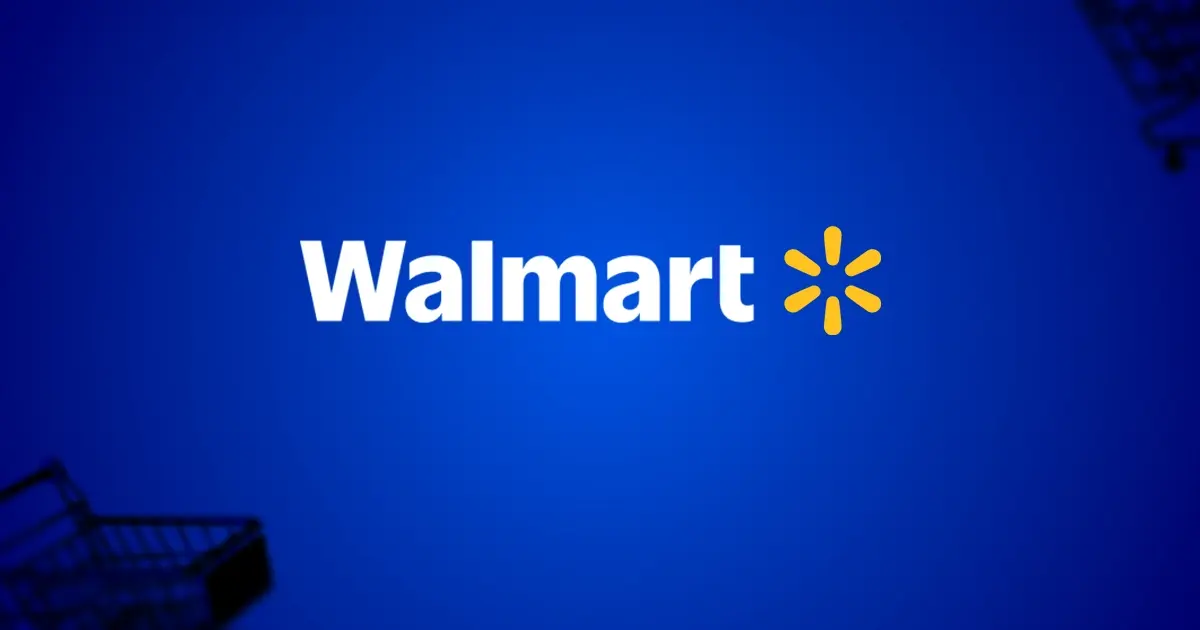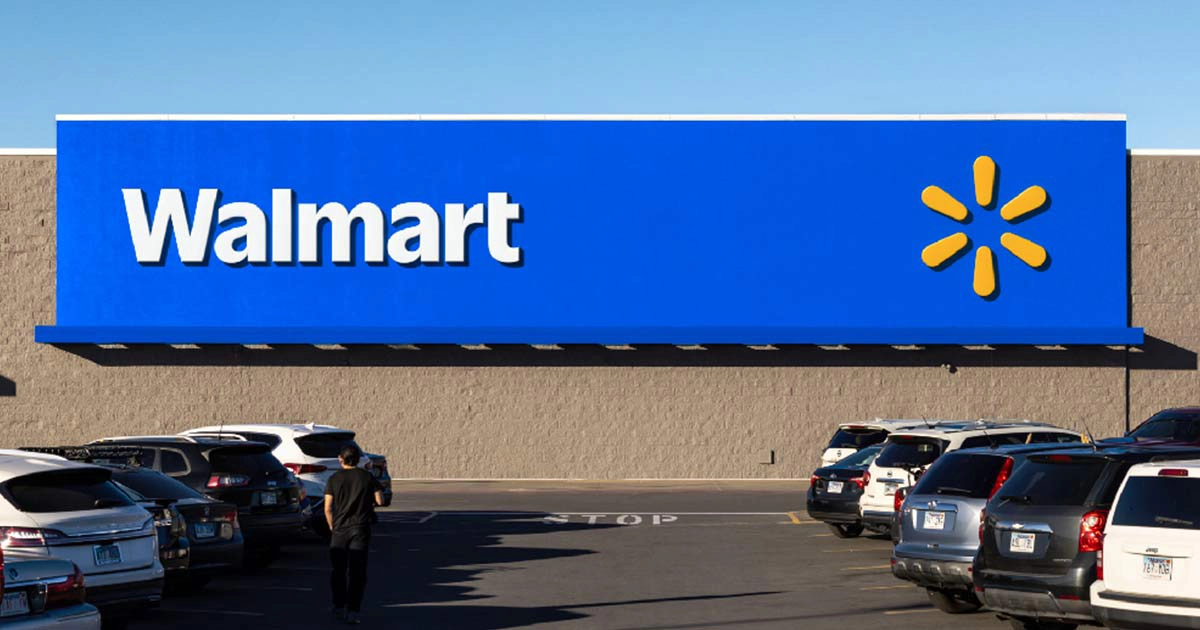Platforms beyond Alibaba also saw a surge. Meituan Flash Buy reported sales doubling for nearly 800 brands, and railway operators deployed 1,700 high-speed trains to carry express shipments — a 13 percent increase over last year.
What’s Driving the Surge
Industry analysts attribute the upbeat performance to pro-consumption policies, such as nationwide trade-in programs encouraging consumers to replace older appliances, electronics, and vehicles.
Over 126 million appliances have been sold through trade-in schemes so far in 2025, according to China’s Ministry of Commerce. The government is also expanding logistics capacity and lowering financing barriers for online retailers and local brands. With China’s wholesale and retail output rising 5.6 percent year-on-year and accounting for over 10 percent of GDP, retail remains a pillar of the post-pandemic recovery.
What It Means for International and CedCommerce Sellers
For global sellers and brands integrated through CedCommerce or other cross-border channels, the 2025 Double 11 signals opportunity — but also rising competition.
- China’s cross-border appetite remains strong: Consumers are buying more imported goods, from wellness and beauty products to premium lifestyle brands. Sellers using Tmall Global, JD Worldwide, or Douyin Storefronts can expect higher exposure this season.
- Faster fulfillment and logistics innovations: Platforms are relying on AI-driven forecasting and high-speed delivery. CedCommerce merchants connected via Tmall or AliExpress integrations should optimize inventory and sync pricing early to align with peak traffic.
- Policy-backed consumption = sustainable demand: Beijing’s ongoing fiscal and consumption incentives — including tax breaks for trade-ins and e-logistics expansion — indicate long-term stability rather than a one-off sales spike.
- Localized pricing and promotions matter: This year’s buyers favored direct price cuts over complex coupons. Sellers should simplify discount structures and localize promotions to align with Chinese consumer behavior.
Next Steps for Global Sellers
- Optimize storefront readiness for Double 11 and the Lunar New Year shopping wave.
- Use CedCommerce’s cross-border tools to connect Tmall Global, AliExpress, or JD Worldwide listings seamlessly.
- Leverage local trends — eco-friendly packaging, AI chat assistants, and faster return policies boost conversion.
- Plan year-round engagement with Chinese shoppers through influencer and live-commerce campaigns.
Bottom Line
China’s Double 11 2025 shows that the nation’s consumer market is not just recovering; it’s evolving. Backed by policy support, advanced logistics, and steady consumer sentiment, the festival offers global brands and cross-border sellers fresh growth prospects. For CedCommerce-connected merchants, it’s a clear signal to strengthen China-facing integrations and ride the next wave of eCommerce expansion.
Source: People’s Daily Online

















